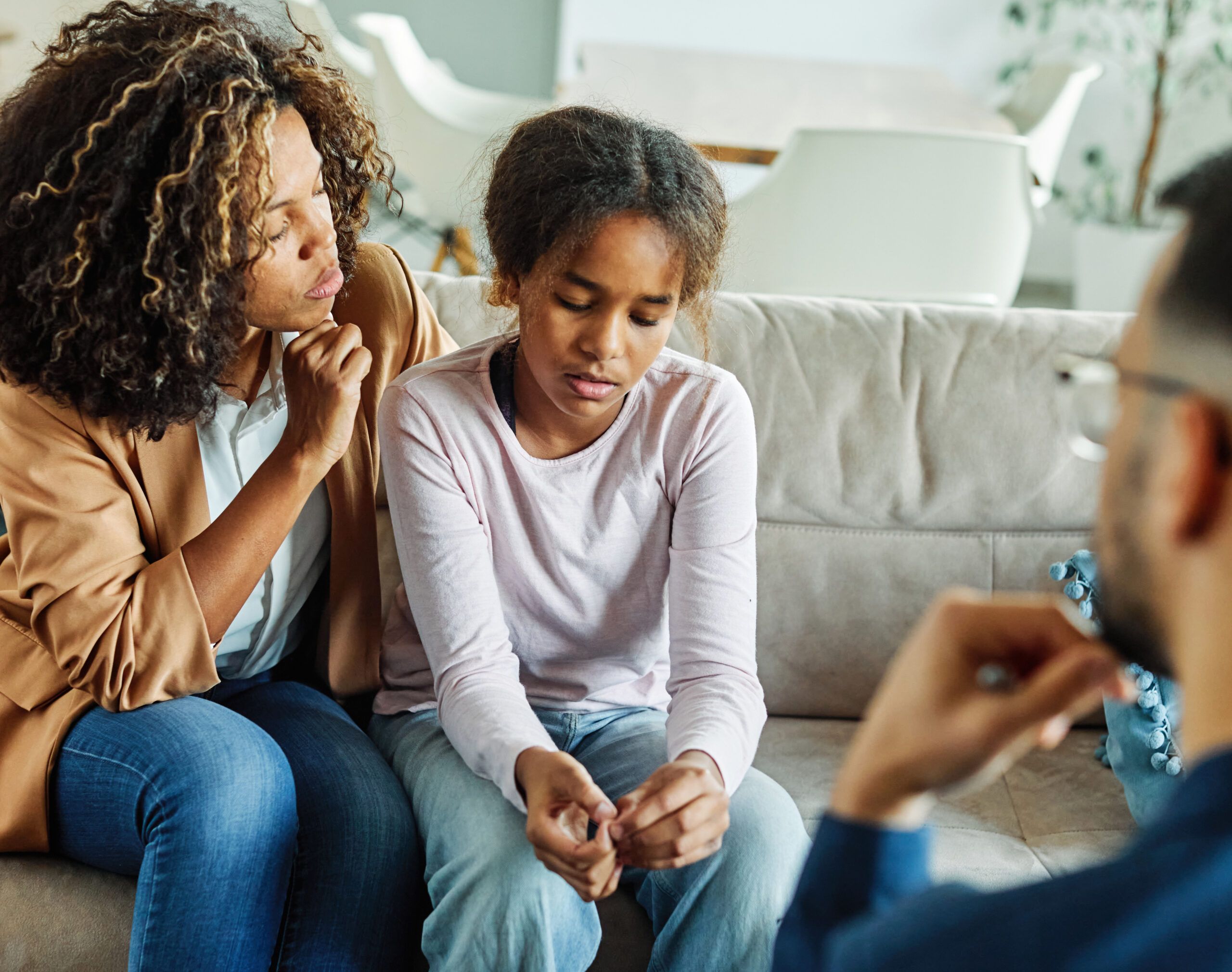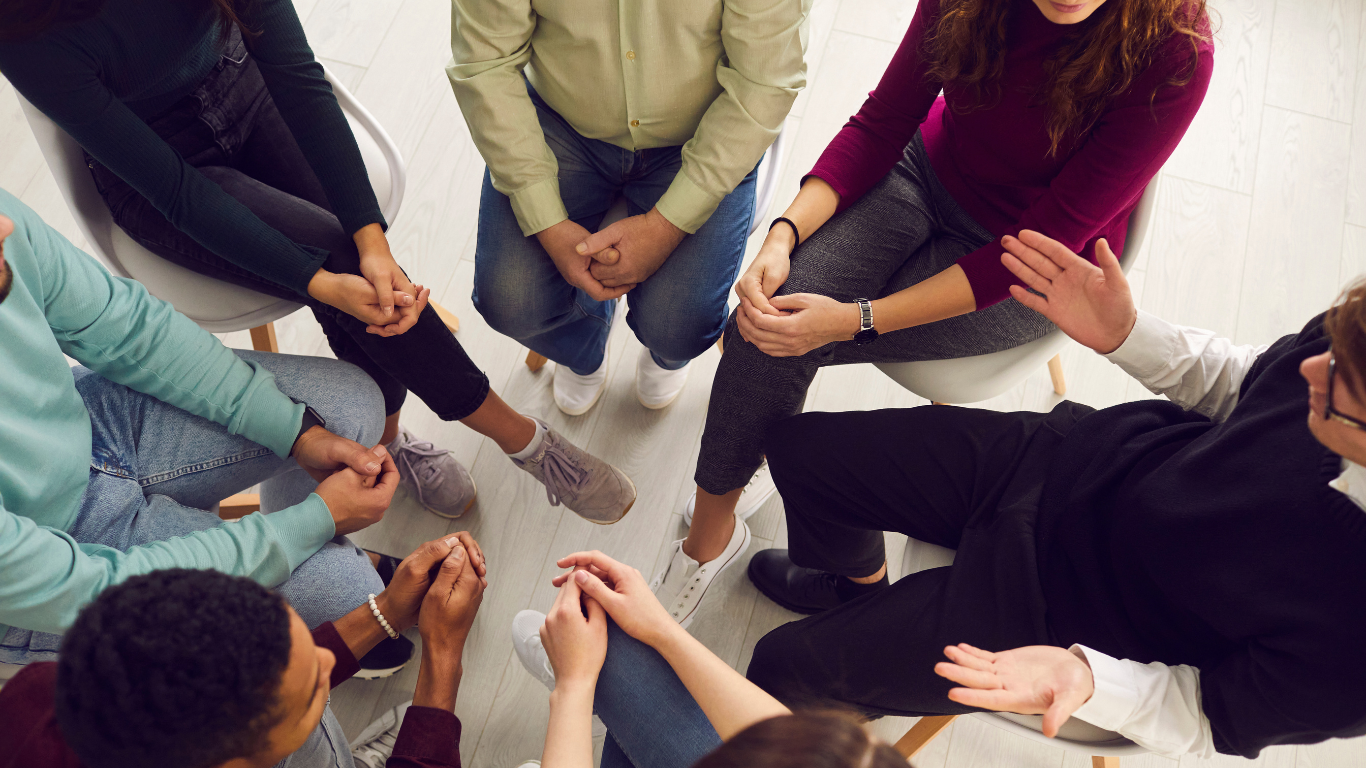Exploring the Basics of Rapid Resolution Therapy
Rapid Resolution Therapy (RRT) uses sessions reviewing difficult memories. RRT works by helping a person’s mind quickly reprocess and release troubling feelings linked to past experiences.
- Direct Work with the Unconscious: RRT sessions often focus on communication aimed at the unconscious mind. Many traumatic memories and harmful beliefs are stored here, which can contribute to ongoing mental health struggles like anxiety or depression. By working directly at this level, therapists can help individuals process painful memories more effectively.
- Changing Automatic Emotional Reactions: Traditional counseling methods sometimes focus on discussing events in detail. In contrast, RRT aims to reduce or erase the upset feelings tied to those events. Techniques in RRT help people remember traumatic events without feeling the pain, guilt, or shame that once came with those memories.
- Challenging Negative Thoughts: RRT brings in some ideas from cognitive behavioral therapy (CBT). This involves helping individuals identify unhelpful thinking patterns and encouraging more balanced and healthy thoughts. By shifting these beliefs, people experience positive changes in their mood and behavior.
- Integrating Movement and Attention: Similar to methods found in EMDR, RRT may use focused attention or guided eye movement. These techniques support the mind’s ability to organize and make sense of distressing experiences, which can decrease the strength of unwanted feelings and memories.
- Incorporating Relaxation and Suggestion: RRT might include hypnotic practices to help people deeply relax. This makes it easier to access and update old emotional responses stored in the mind.
- Short-Term Solution: One of RRT’s highlights is its brief nature. Many guests notice significant progress within only a handful of sessions, making it a practical option for those seeking effective support.

How Rapid Resolution Therapy Supports Healing and Change
RRT stands out as a valuable therapy for those wanting to move past struggles with their mental health or substance use. Helping guests process past traumas and let go of stubborn negative beliefs lays the groundwork for real change.
- Letting Go of the Past: People using RRT report feeling less stuck by old memories of trauma, abuse, or loss. This helps them live more in the present and focus on new goals.
- Building Better Coping Skills: As old triggers feel less powerful, individuals develop safer and more useful ways to handle stress, cravings, or reminders of their trauma. This is especially helpful for those working to avoid relapse in substance abuse recovery.
- Creating Healthier Connections: Unresolved trauma often leads to challenges in relationships. By addressing the root causes of trust issues or attachment wounds, RRT makes it easier to communicate and connect.
- Improving Confidence: Many who try RRT notice a boost in self-esteem as they let go of shame and self-blame. This emotional relief makes it easier to pursue personal and professional goals.
- Strengthening Overall Mental Health: Clients often say that anxiety, depression, or mood disorders feel less intense after RRT. This leads to a greater sense of calm and the ability to manage daily life.
Issues and Challenges Addressed by Rapid Resolution Therapy
RRT can offer support for people experiencing a variety of mental health concerns and challenges. While it is especially known for its role in treating trauma, its applications are broad.
- Healing from Trauma and PTSD: RRT is often used to treat symptoms of posttraumatic stress disorder, including flashbacks and ongoing fear.
- Managing Anxiety and Worry: It can help those who struggle with frequent worry, panic attacks, or social anxiety by lessening the strength of emotional reactions.
- Lifting Depression: By focusing on past experiences that may fuel hopelessness, RRT can relieve sadness and improve outlook.
- Addressing Addiction and Substance Use Disorders: RRT can be a key part of recovery by resolving trauma and emotional pain that often drive substance abuse.
- Facing Phobias and Irrational Fears: Specific fears or phobias can be treated by safely reprocessing the memories or beliefs behind them.
- Improving Relationship Patterns: Problems rooted in attachment wounds can shift, improving communication and trust.
- Supporting through Grief and Loss: RRT is also used in grief counseling to help make sense of loss and move toward acceptance.
RRT can be used alone or in combination with other types of therapy, such as motivational interviewing, family therapy, or cognitive behavioral therapy.

Reasons to Choose Thoroughbred Wellness and Recovery for RRT
Distinctive Equine Therapy Program
Thoroughbred Wellness and Recovery offers an equine-assisted therapy program that helps guests form a special bond with horses. These sessions encourage skill-building such as self-awareness, mindfulness, and emotional control. Working with horses also lets participants experience hands-on learning in a natural, calm setting.
Whole-Person Approach to Wellness
Care at Thoroughbred goes beyond just traditional counseling. Clients participate in programs that blend proven therapies with experiential options like horse-assisted work and mindfulness training. Treatment plans are tailored, considering each guest’s emotional, mental, and spiritual needs.
Therapists support individuals in building trust, confidence, and strong relationships. This broad approach can also be valuable for those who want to reconnect with loved ones and engage in new, healthy relationships.
Documented Positive Results from Equine Therapy
Research and years of practical experience show that horse-based activities can improve emotional health. After just a few sessions, participants may notice less anxiety, better communication, and higher self-esteem. Horses create a nonjudgmental, welcoming space, which is essential for processing tough emotions.
Equine therapy also helps individuals feel a stronger sense of belonging, which supports community outreach efforts for mental health awareness.
Caring, Safe, and Encouraging Setting
Clients at Thoroughbred benefit from a quiet, comforting environment staffed by trained professionals. The facility is designed to make everyone feel safe and welcome through every stage of recovery.
Strengthening Personal Growth through Connection
The therapy process at Thoroughbred focuses on building meaningful connections with horses, peers, and the larger recovery network. This supportive network decreases feelings of isolation and empowers guests to face challenges.
The community aspect helps individuals discover new strengths and stay motivated throughout their wellness journey.
Could Rapid Resolution Therapy Be a Good Fit for You?
Rapid Resolution Therapy (RRT) may be worth considering for those facing emotional struggles or tough memories. People often find it helpful when past trauma, like abuse or accidents, keeps affecting life and relationships.
RRT is frequently chosen by those who want brief, focused work with a licensed professional counselor, especially if they have not had success with other mental health counseling options.
Common reasons to explore RRT:
| Situation | Who Can Help? |
| Emotional distress from past events | Licensed or certified professional counselor supervisor |
| Ongoing anxiety or panic attacks | Professional counseling services |
| Relationship challenges | Couples counseling |
| Trouble controlling emotions | Mental health counseling |
Now Is the Moment to Embrace Change
Now is the moment to embrace change, which can open doors to personal growth and new opportunities. While major life transitions often come with challenges, they also provide valuable chances to develop new skills and achieve greater well-being.
If you’re ready to take the next step toward positive transformation, contact Thoroughbred Wellness and Recovery. Our dedicated team is here to support you on your journey. Call us today at 770-564-4856 to learn more or schedule a consultation.










